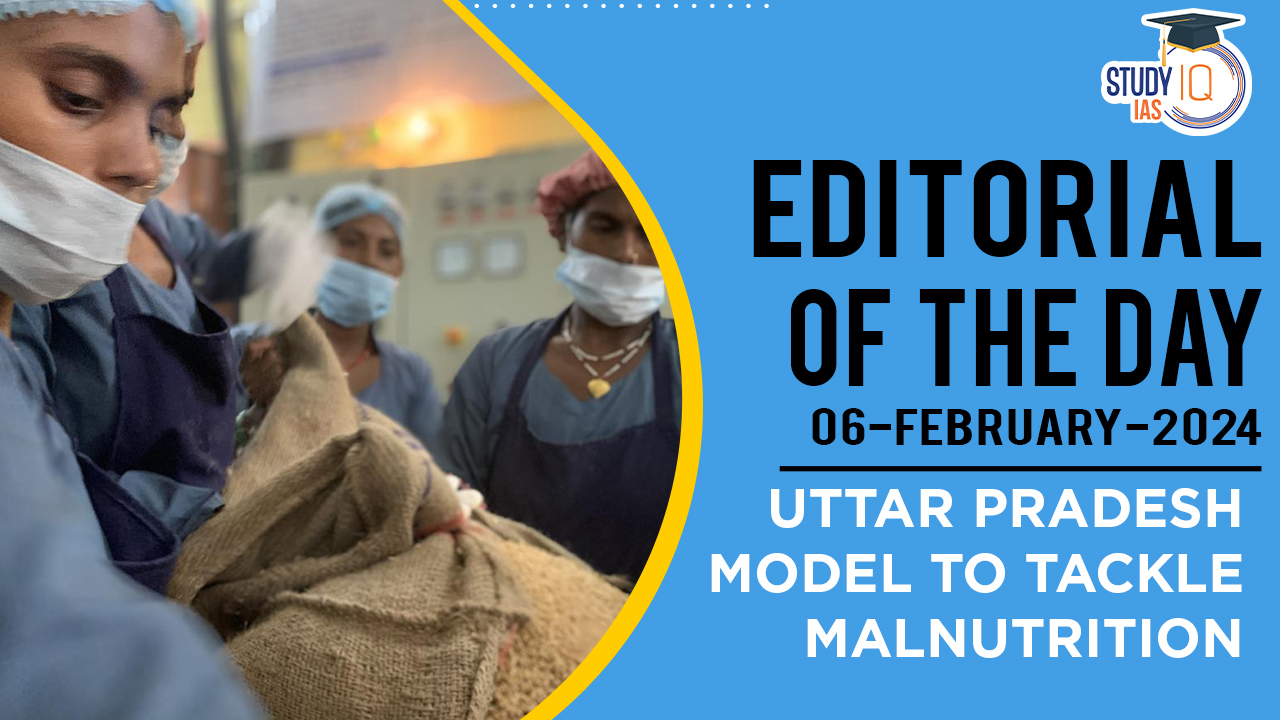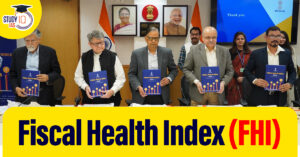Table of Contents
Context: The Uttar Pradesh model serves as a remarkable example of the significance of women’s empowerment in addressing malnutrition, achieved through the backing of self-help groups.
Implementation
- Initiated in 2020, the collaboration between the Department of Women and Child Development and the Uttar Pradesh State Rural Livelihood Mission aimed to decentralise Take Home Rations (THR) production for beneficiaries of the Integrated Child Development Services (ICDS) program.
- The model, validated by the United Nations World Food Programme (WFP) through pilot plants in Unnao and Fatehpur, engages women’s self-help groups in producing fortified foods for pregnant/breastfeeding mothers and children.
We’re now on WhatsApp. Click to Join
Expansion and Impact
- The project quickly expanded to 202 production units across 43 districts within two years.
- It created jobs for 4,080 women and served 12 million ICDS beneficiaries.
- This shift empowered over 4,000 women economically through involvement in self-help group micro-enterprises.
- Additionally, it ensured the provision of nutritious food to the targeted population.
Innovation and Sustainability
- App-Based Training: An application was developed to improve women’s skills in producing Take Home Rations (THR), expanding their ability to create nutritious products for local markets.
- QR Codes For Tracking: A pilot project utilised QR codes to enhance the tracking and efficiency of the THR supply chain.
- Supported by the World Food Programme (WFP), the project facilitated the monitoring of THR production, delivery, and overall value chain by government officials.


 Total Fertility Rate in India Remains Co...
Total Fertility Rate in India Remains Co...
 Fiscal Health Index (FHI) 2025 Report, C...
Fiscal Health Index (FHI) 2025 Report, C...
 Buddha Purnima 2025, History, Significan...
Buddha Purnima 2025, History, Significan...





















